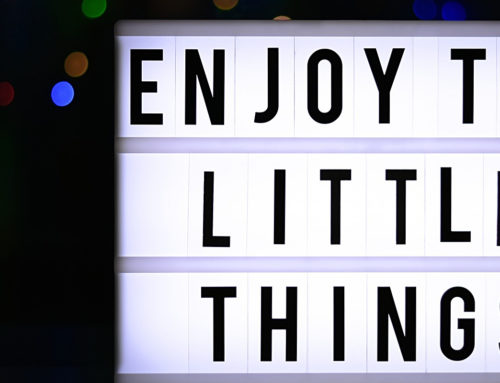Many parents mistake poor but independent decision making for peer pressure in order to preserve an illusion of their own child’s innocence. It’s easier to view your own child as an “innocent” victim of pressure from “bad” peers than as an autonomous decision maker making poor choices. Studies show, in fact, that most parents view their own child as disinterested in certain high risk behaviors (such as sexual activity) but view their child’s peers as very interested, or even predatory, with regard to those same behaviors. This allows parents to view their child as a victim, which can be helpful when it’s true, but counterproductive when it’s not.
Even if your child is engaging in high risk or negative behaviors in collusion with her peers, this does not necessarily mean that your child is responding to pressure. It may be that your child is independently making the decision to engage in these behaviors and is selecting peers with similar interests. It may also mean that your child is being influenced, but not pressured, by a peer culture that favors certain high-risk or negative behaviors. In these cases, parents do well to engage in parenting that fosters personal agency, responsibility and accountability.
TYPES OF PEER PRESSURE
High External Pressure: Peer pressure reaches a tipping point when your child is routinely manipulated or cajoled into behaviors which, on her own, she would not engage in for reasons of fear, discomfort, common sense or conscience. In these cases, the peer culture may be very strong and violating that culture may have serious social consequences- such as censure or bullying. Even an otherwise strong, developmentally healthy teen may cave when faced with this type of strong external pressure. This form of peer pressure does involve victimization and can be confusing, scary and even traumatizing for your child.
Low Internal Control: Peer pressure of another kind occurs with teens suffering from low self esteem or a higher than usual level of passivity. Lacking a strong internal locus of control, identity, or sense of agency, these teens may passively follow the suggestions of their peers as if they were commands, passively following along regardless of the consequences. In these cases the teen needs help developing a strong enough internal compass and sense of self to confidently make independent choices.
WHAT’S A PARENT TO DO?
Several strategies are useful for helping equip your child to resist peer pressure and become a more independent decision maker. These include:
Open Communication: Fear of punishment or embarrassment often make teens reluctant to discuss their struggles with peer pressure. Curious, compassionate and open parental interaction can help your teen open up and ask for help.
Practice Independent Decision Making: Giving your teen real opportunities to make independent decisions (and mistakes along the way) can be scary for some parents. But guided practice with gradually increasing levels of real responsibility (chores, jobs, and privileges) can provide developmental exercise that will increase your child’s social strength. Complementing this practice with pre and post discussion and even role playing can help your teen internalize good decision-making skills.
Therapy or Mentoring: A good therapist with experience treating teens can give your child a safe adult outlet for peer pressure concerns. If your teen is typical, she may be resistant to or suspicious of traditional therapy. In these cases, mentoring programs can provide a safer, more relaxed forum for sharing. Therapy groups can be helpful as well.
Create a Village: It’s natural for teens to shift their trust from parents to peers. Surrounding your child with trusted adults who do not have parental authority, however, can give her a safe adult resource she may be more likely to turn to in times of crisis. Regular exposure to aunts, uncles, adult family friends, etc. can create an environment in which your child may be more likely to seek adult help when needed.
Intervene: While it’s ideal to help your child develop resiliency and independence in her natural peer environment, there are times when that environment is simply too toxic and the pressure too great. In these cases, it’s wise to consider removing your child from that environment. Transferring your child to another school, homeschooling, or engaging the services of a treatment program may give your child a much needed fresh start. Before making such a decision, however, it’s always wise to consult with a mental health professional to weigh the pros and cons.



